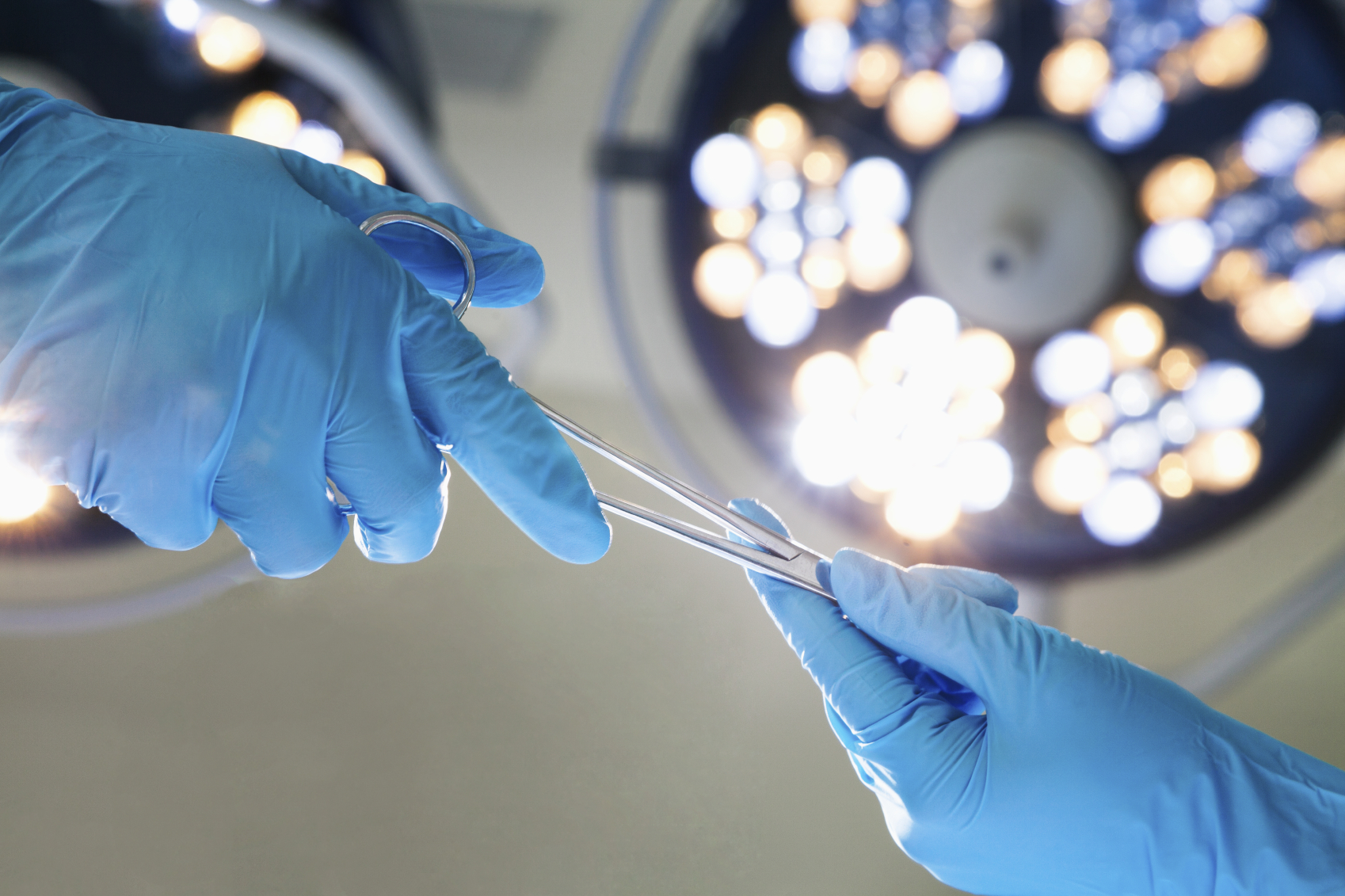Doctors perform the world's first successful penis transplant


A free daily email with the biggest news stories of the day – and the best features from TheWeek.com
You are now subscribed
Your newsletter sign-up was successful
Doctors have officially given a 21-year-old man in South Africa the world's first successful penile transplant.
Surgeons from Stellenbosch University and Tygerberg Hospital spent nine hours completing the operation in December. The patient has apparently regained full penis function, which is a much faster recovery time than the doctors expected — they didn't think the organ would be fully functional until two years after the operation.
"It's a massive breakthrough. We've proved that it can be done — we can give someone an organ that is just as good as the one that he had," Frank Graewe, head of Stellenbosch University's Division of Plastic Reconstructive Surgery, said in a statement. “It was a privilege to be part of this first successful penis transplant in the world."
The Week
Escape your echo chamber. Get the facts behind the news, plus analysis from multiple perspectives.

Sign up for The Week's Free Newsletters
From our morning news briefing to a weekly Good News Newsletter, get the best of The Week delivered directly to your inbox.
From our morning news briefing to a weekly Good News Newsletter, get the best of The Week delivered directly to your inbox.
In the statement, the scientists added that penis transplants are particularly needed in South Africa, since many circumcisions there lead to complications that may result in penis amputation. One study the doctors cited reported as many as 250 penis amputations a year.
A free daily email with the biggest news stories of the day – and the best features from TheWeek.com
Meghan DeMaria is a staff writer at TheWeek.com. She has previously worked for USA Today and Marie Claire.
